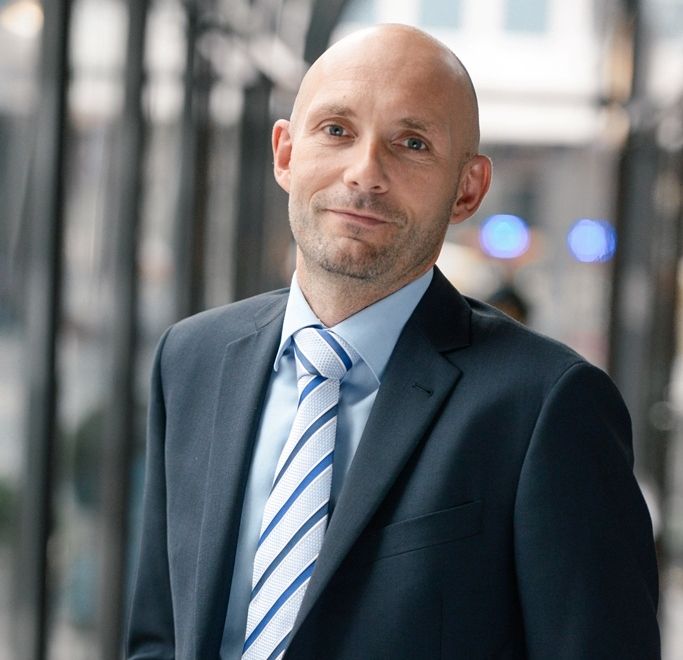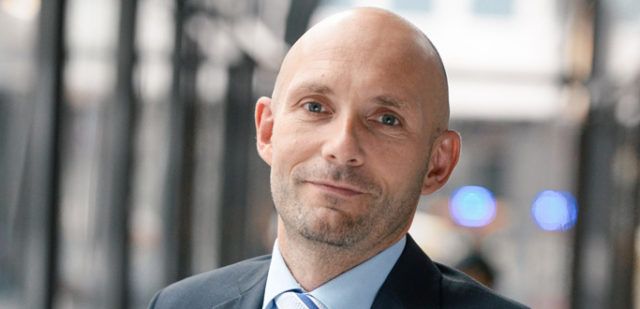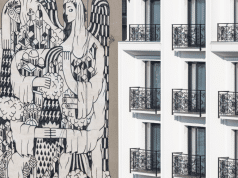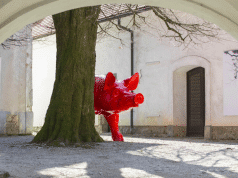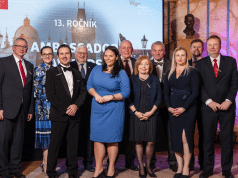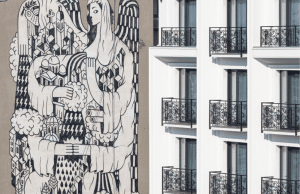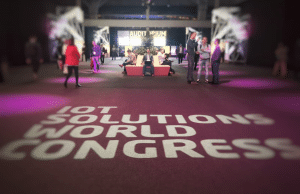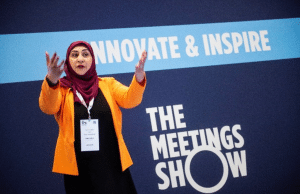“One of the main advantages of our hotels is definitely a personalized service and an individual approach to each and every guest.”
Q: What are the advantages of independent hotels compared to hotels managed by international hotel chains?The guest is interested in local and authentic stories and not in standardized services of hotel brands that are the same everywhere across the world. Independent hotels have the advantage of offering to our guests an authentic local experience and unique stories.
One of the main advantages of our hotels is definitely the personalized service and an individual approach to each and every guest.
Q: What are the key factors of success in the management of the hotel? How does your management differ from the management of other hotels?
The key thing is to choose a team that is capable of realizing the strategy that we have set ourselves, and from there it is fundamental to have confidence in their decisions and abilities. If I have to compare my management with someone else’s, I can maybe compare it to the management of the hotel chains where there is, due to the standardization, little room for novelties and creativity, if any at all. On the other hand, we have this possibility.
Q: During your leadership the Grand Hotel Union has become the central point of things going on in Ljubljana. What is your philosophy?
From the outset, Grand Hotel Union was the centre of events. Locals did not stay overnight in the hotel, but did identify with it particularly because of the Union Hall and The Grand Union Café, which have always been considered to be popular meeting places of Ljubljana. In addition to many prominent citizens of Ljubljana, also many artists, from renowned painters to writers and musicians, have gathered here. I believe that even after 110 years the locals still identify themselves with the hotel. In the last two years we have worked on building up and deepening the relationship, not only of Grand Hotel Union, but also of each of the four hotels that have their own special attributes appreciated by the locals. We also intend to nurture this relationship in the future.
Q: How much of the revenue do the meetings and conferences generate and how do you market your meetings offer?
A quarter.
Q: How do you see the arrival of new hotels in Ljubljana and what are your expectations for the new Intercontinental Hotel, which will open its doors next year?
New hotels are opening and will also be opened in the future. Our concern is tied to maintaining a high quality service. We expect that the opening of the InterContinental Hotel Ljubljana will have a positive impact on the prices of hotel accommodation.
Q: What is the future of the Slovenian hotel industry and tourism in Ljubljana?
Certainly we have a bright future ahead of us.
Q: Will Union Hotels continue to expand to some other field?
We will stay in the hotel industry and in its scope seek the development of the best.
“It is time to stand together and as a destination organise a professionally guided ambassador programme.”
Q: Is the Slovenian congress product sufficiently competitive to achieve a breakthrough to the first congress league and do we sufficiently exploit the positive trends in the international meetings market?
We are not taking enough advantage of the positive trends. The main downsides are still the flight connections, but nonetheless we are competitive enough to enter the first congress league.
Q: What do we need to change in this area in relation to hardware (infrastructure) and software (agencies and creative industries)?
The necessary approach is to invest more in the hotel and congress infrastructure and with joint forces, knowledge and ideas boost the creative work that is not necessarily always dependent on financial resources.
Q: If the Slovenian meetings industry had an additional one million euro funding available, in what would you suggest to invest it?
In promoting Slovenia as an incentive destination to the American market.
Q: How important are events like Conventa for the promotion of Slovenia?
It is a key event of the Slovenian MICE industry that I welcome and support year after year.
Q: Ljubljana is slowly advancing on the international ICCA scale? How can we bring several international scientific congresses to Slovenia?
It is time to stand together and as a destination organise a professionally guided ambassador programme.
Q: International fairs and trade shows generate overnight stays and many positive multiplier effects. How successful are we in Slovenia in this area and how can we exploit our ideal geostrategic position? Is Slovenia still a meetings hub and the crossroads of Southeast Europe?
In the nineties, Slovenia was in addition to Belgrade and Zagreb a meetings centre of former Yugoslavia. Successful exhibition centres in Ljubljana, Celje, Gornja Radgona and Kranj were followed by exhibition centres in Novi Sad, Sarajevo and Skopje. For example, in 1993 in Ljubljana there were over 23 fairs. Ljubljana was a lively and successful trade fair city with more than 100 exhibition days a year. Today, the central fair in the former Yugoslavia is the Belgrade fair, all the rest are lagging behind.
During the period of transition Slovenia had an unprecedented opportunity to establish itself as a central trade fair crossroads of Southeast Europe. This opportunity was wide open, especially in the area of specialized trade fairs. Unfortunately, we did not take full advantage of the situation. Still, we have the opportunity to develop regional events and European events. Such international fairs would create a lot of overnights and additional tourism consumption.
Q: In your opinion how important is standardization for meeting providers and what are the minimum standards? How can transparency and comparability be ensured?
Of course the standardization is very important and so is the function of the Slovenian Convention Bureau as the institution setting the standards.
Sometimes I can’t help but feel that the bureau hasn’t got enough support from the co-creators of the congress development…
“Conventa is a key event of the Slovenian MICE industry that I welcome and support year after year.”
Tomislav Čeh, General manager of Union Hotels, Slovenia
Tomislav Čeh is the General Manager of the Union Hotels group where, to a certain extent, his role is as leader in motivating his managers and charming the guests – but when the schmoozing is over, it is on his shoulders to ensure the business is profitable and growing. The Union Hotels group is comprised of four hotels (Grand Hotel Union, Grand Hotel Union Business, Hotel Lev and Central Hotel) with a total of 574 pleasant rooms and 31 conference halls and saloons, all taken care of by 280 employees. Tomislav’s area of specialisation is management for companies in crisis. Prior to joining Union Hotels, he worked at the Globtour tourist agency d.o.o., Ljubljana, as the Managing Director during the company restructuring, which was successfully completed. Also successfully completed was the restructuring of the Life Class hotel chain, Portorož (7 hotels in Slovenia and Croatia), the transit port Marina Koper (Adriatic Sea) and Postojna Cave, where he was the Chairman of the Executive Board of Istrabenz turizem d.d.
